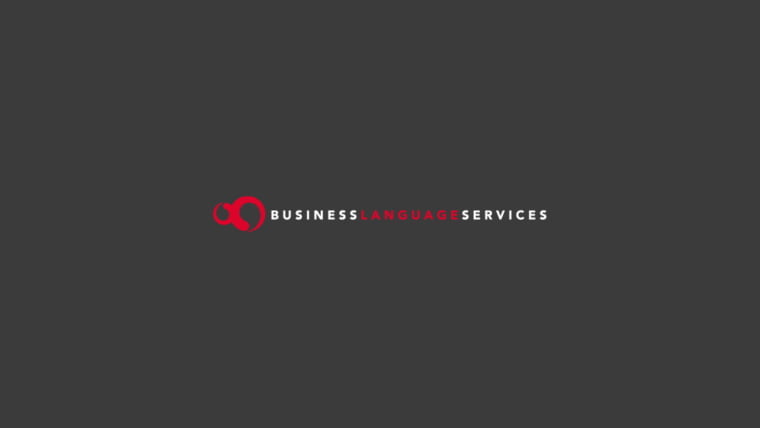Curious about the people behind the emails and phone calls? Ever wondered what it takes to pursue a career in the translation industry? In our Meet the Team series, we introduce you to the Business Language Services (BLS) team, giving you a closer look at their roles and how they contribute to the success of the team.
This month we meet our Senior Language Officer (Welsh), Sarah.


Can you introduce yourself and describe your current role?
I’m Sarah and I’m the Senior Language Officer at Business Language Services. I co-ordinate our Welsh services, working with the PM team and internal and external linguists to provide high-quality translations to our clients. When I’m not translating or proofreading, I’m working on promoting the Welsh language and ensuring compliance with relevant policies and legislation.
What languages do you work with and how have you developed proficiency in them?
These days I focus mainly on English-to-Welsh translation, but my background is in MFL. I have a BA in French and Italian and an MA in Translation Studies, and I’m still learning every day. I recently passed my Cymdeithas Cyfieithwyr Cymru exams, gaining Basic Membership of the association and winning the Berwyn Prize for the most promising candidate for translation into English.
What was your background before this role, and how did it prepare you for your current position?
I’ve been with Business Language Services for almost a decade now and my role has evolved significantly over my time here. I joined as a Project Manager after finishing my studies at Cardiff University and have also worked as Senior Project Co-ordinator and Senior Quality Manager.
This gave me insight into the full translation workflow, from client briefing to final delivery, and has been instrumental in shaping my approach as a translator. I believe it’s a huge advantage for translators to have project management experience, and for project managers to be linguists themselves. This is what makes Business Language Services so special and why we’re able to provide such a seamless experience for both our clients and linguists.
Were there any specific experiences (e.g., study abroad or previous jobs) that helped prepare you for this role?
I spent six months studying at the prestigious School of Translation and Interpreting in Geneva which gave me a fantastic insight into the industry. I also spent six months in Catania, which was invaluable in improving my language skills and cultural understanding. Those immersive experiences taught me how language functions in real-world contexts, which is something you can’t fully grasp in a classroom.
Can you walk us through a typical day at BLS?
Every day starts with reviewing my project pipeline and any new requests that have come in overnight. I then set my priorities for the day based on deadlines. From there, no two days are the same. With so many projects happening simultaneously, I’m meticulous about time management, and like everything to be scheduled hour by hour and colour coded. I spend a good portion of the day translating documents, reviewing materials for accuracy, and sometimes collaborating with colleagues on terminology questions or formatting issues. It’s a balance of independent work and collaborative problem-solving.
What’s the best part of your job?
For me, it’s finding creative solutions to translation problems, so I love working on marketing copy, poems, and even song lyrics. You can’t beat that lightbulb moment! And, of course, working on major films is pretty cool too!
What are some of the biggest challenges you face in the industry?
A challenge we’re facing increasingly is the rise of AI and Machine Translation – or, more accurately, people’s misconceptions about what AI can achieve. While I’m all for experienced professionals utilising the tools available to us to improve speed and consistency, simply feeding your text into a machine is a recipe for disaster! Language is so nuanced and heavily tied to culture that AI simply cannot replace the human touch.
What advice would you give to someone considering a role like yours? Are there any particular skills that are essential for a successful career in translation?
Organisation and time management skills are crucial when juggling so many projects, but it’s equally important to be flexible and adaptable. Hardly a day goes by where a client hasn’t forgotten something super-urgent that needs to be prioritised over everything else, so it’s essential to be able to accommodate last-minute requests without losing your flow.
To find out more about the team, visit https://businesslanguageservices.co.uk/meet-the-team/.
Interested in working with us? Visit https://businesslanguageservices.co.uk/work-for-us/.

